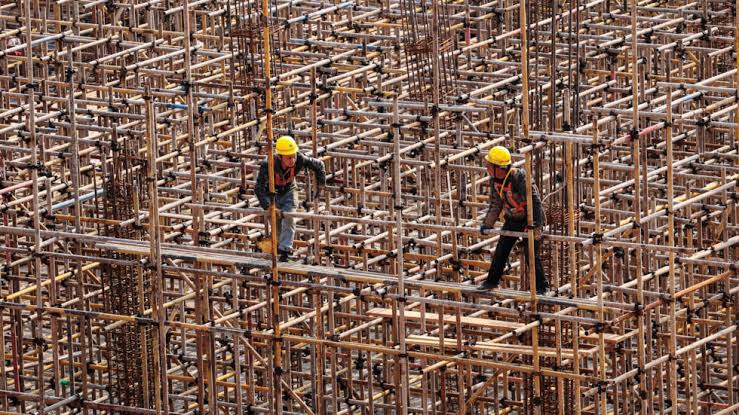China implements key mortgage rate cut amid economic challenges

In a bid to alleviate its housing market crisis and bolster a sluggish economy, China’s central bank announced a reduction in a key benchmark lending rate used to determine mortgage rates on Tuesday.
The move reflects Beijing’s concerted efforts to mitigate the effects of a prolonged property sector downturn and rejuvenate growth in the world’s second-largest economy.
The People’s Bank of China disclosed a cut in the five-year loan prime rate (LPR) from 4.2 to 3.95 percent, marking the most significant reduction since its inception in 2019. This adjustment surpassed economists’ expectations and underscores the urgency felt by policymakers to stimulate credit provision at more favorable terms.
While the one-year LPR, which influences corporate loans, remained unchanged at 3.45 percent, the central bank’s decision signals a departure from the tightening monetary policies observed in other major economies grappling with inflationary pressures. Notably, China’s economic growth in 2023 marked one of its weakest performances since 1990, amplifying calls for decisive intervention to revive economic momentum.
At the core of China’s economic challenges lies an unprecedented crisis in the real estate sector, historically a vital driver of growth, constituting over a quarter of the GDP. Financial turmoil at prominent firms like Evergrande and Country Garden has eroded consumer confidence, compounded by a glut of unfinished housing projects and declining property values.
Market analysts anticipate further rate cuts in the coming months to address the deflationary risks confronting China’s economy, which could undermine employment and demand while dampening corporate profitability. Zhang Zhiwei, President and Chief Economist at Pinpoint Asset Management, emphasized the imperative for swift action to confront the prevailing economic headwinds.
Ting Lu, Chief China Economist at Nomura, acknowledged the rate cut as a targeted measure to bolster the faltering property markets but cautioned that more substantial interventions are necessary to stabilize the sector and safeguard development projects. Despite recent policy initiatives aimed at stimulating infrastructure spending and consumption, including reserve requirement ratio reductions and central bank interest rate adjustments, their efficacy remains limited.
While recent data indicated a resurgence in consumption during the Chinese New Year holidays, analysts cautioned against premature optimism due to the distortions caused by the extended holiday period this year. As China navigates through multifaceted economic challenges, the efficacy of its policy responses will be closely scrutinized amid ongoing efforts to reignite growth and restore confidence in its housing market.
